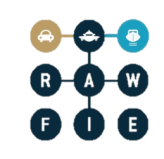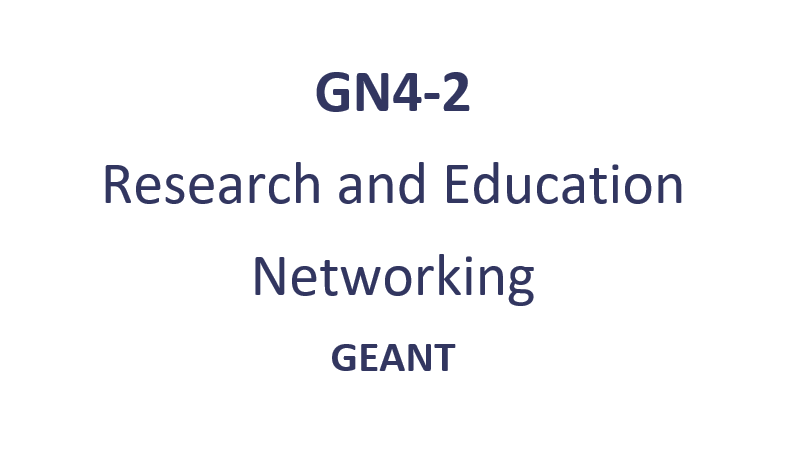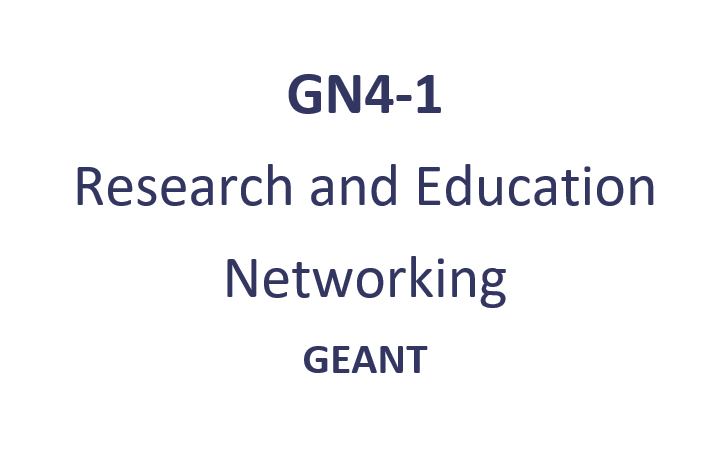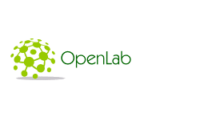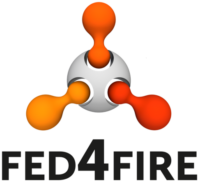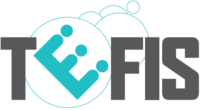In the SAMANT project we aim to adopt generic/common, thus universal solutions, for tackling issues related to semantic aware management of federated infrastructures. To this end, SAMANT will equip RAWFIE with open-source tools that will allow experimenters to discover and select available RAWFIE testbeds and their resources in order to build experiments. The RAWFIE software stack will be enhanced with functionalities related to discovery, booking, provisioning/release of resources, while addressing authentication and authorisation issues at the federated environment. Semantic web technologies will be used to describe the federated infrastructures and support the lifecycle of unmanned vehicles. The proposed software enhancements are (i) testbed-tier specific, using software for the aforementioned management operations, and (ii) cross-layer, spanning the RAWFIE middle, data and front end tiers, supporting such operations at the federation level.
Funding Agency: Information Society Technologies, EU, H2020
Duration: 01/09/2016-31/12/2018
